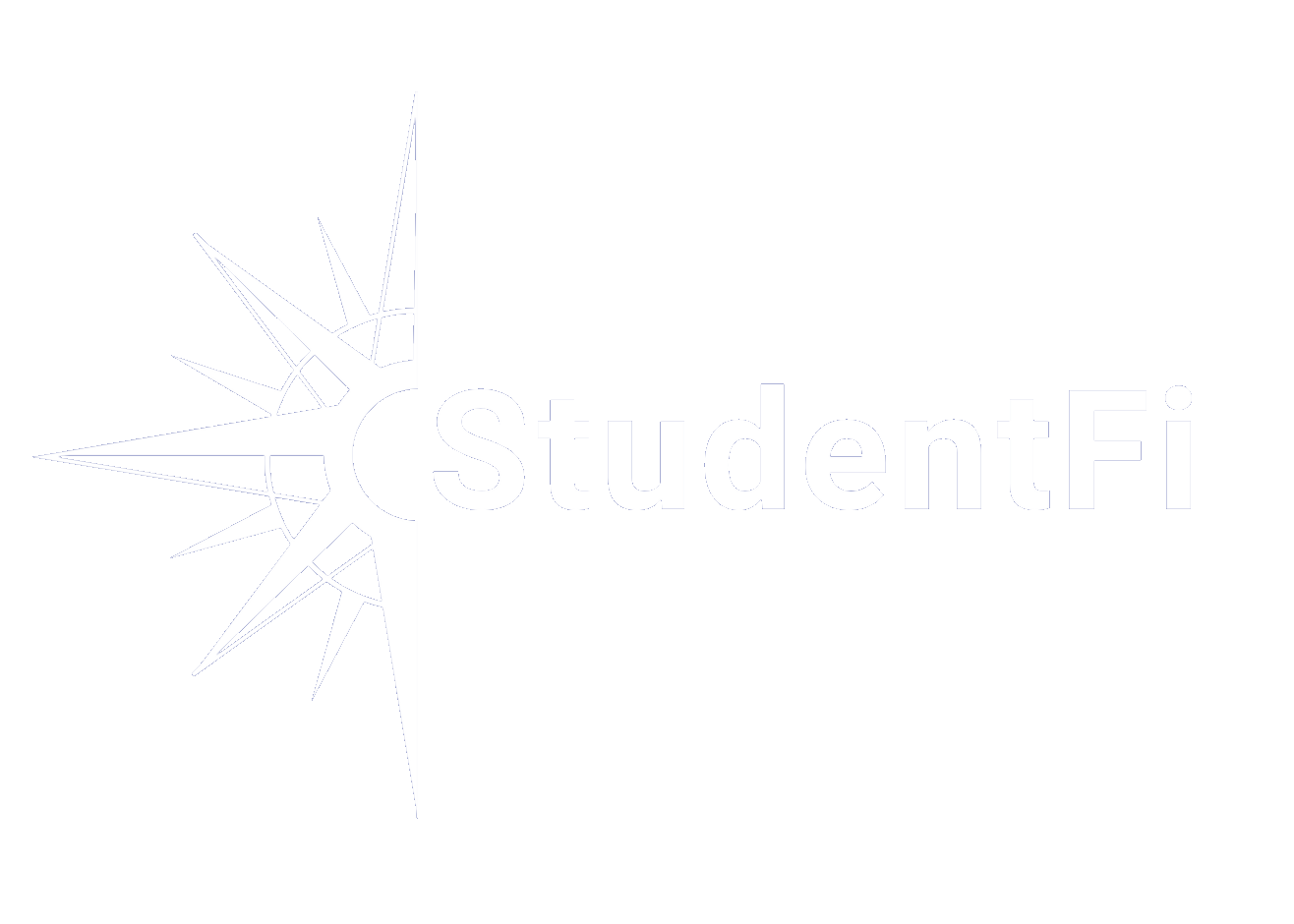- October 12, 2020
- Posted by: meredithsobus
- Category: Repayment and Refinance Guides
No Comments

If you have the financial stability to start paying off your loans while you’re at school, it can be beneficial to do so as your loans will accrue less interest if you pay them back more quickly. Here are some tips on how to do so:
- Pay more than required
If you pay more with each monthly instalment than you’re required, you’ll pay off your balance quicker and prevent it from collecting more interest. To do this you can up the size of your automatic monthly payments to ensure that you’re always paying extra. Also, you can set things up so that any extra money that you receive like year-end bonuses are applied to your loan balance - Refinance
Just as you can use refinancing to alter your payment terms when you’re struggling, you can also use it to reduce the amount of time that you spend paying back your loan. If you find a loan with a lower interest rate and higher payments, you’ll pay less interest overall. However, keep in mind that you’ll lose federal borower protections such as being able to get an income-driven repayment plan. - Biweekly Payments
Rather than paying your loan monthly, it is possible to divide this payment into two halves and pay every 2 weeks. After making 26 payments in this way, you’ll have made 13 month’s worth of payments, a month extra than if you had paid in the normal monthly fashion. - Put more of your money towards your high-interest loans
IF you pay off your highest interest loans first, you’ll save more money overall. For any loans with lower interest rates you must still pay the minimum, but putting all of your extra money towards your highest interest loan(s) is the best money-saving strategy. - Interest Rate Reductions
A lot of student loan servicers offer reductions. If you set up automatic payments. Many offer reductions if you successfully meet a certain number of your payments on-time. These are benefits that you should definitely make use of, contact your lender to see if they offer any of these options. - Budget
Make a thorough budget which considers all of your student loan repayments and expenses. Once you know how much you can afford, you’ll be more mindful of your spending, which will allow you to stay on top of your debt, and hopefully pay it off quicker.
In order to do this, monitor your spending to see how much money you’re spending on different things. First, workout how much you’ll need to spend on necessities such as food and your rent. Next in your budget, include how much you want to spend on your loan repayments each month- you must pay the minimum, but remember that paying extra will allow you to save money long-term and pay off your debts faster. Finally, budget for any extra non-essential expenses.
If you’re strict with yourself and stick to your budget, you’ll be able to pay off your student loan much more quickly. - Employer Repayment Assistance
There are opportunities for students to receive assistance with their loans by working for specific companies. These employers will contribute a set amount of money towards their employees’ student loan balance each month- usually between $100-$300. This can really help students as it means that they can pay less themselves if they’re struggling or they can make their full payments and use this money to pay off their debts quicker. - Don’t Use Extended Repayment Terms
Income-driven repayment plans can help those who are struggling to meet their monthly payments. However, if you’re able to make these payments (and more) you shouldn’t use an extended repayment plan. Using one would simply stretch out the time that it takes to repay your debts and increase them, as your loan would accrue more interest. - Tax Deductions
Most student loan borrowers qualify for a tax deduction for student loan interest, usually of up to $2,500 per year. Accepting this tax deduction ultimately decreases your Adjusted Gross Income (AGI), meaning that you pay less taxes overall. However, you lose part of all of this deduction if your income exceeds a certain amount, so be sure to check that this would not happen to you, otherwise it will not be worth it. - Make Lump Sum Payments Where Possible
One of the best strategies for paying off your student loans quickly is making at least one lump sum payment. For example, if you receive extra cash from a tax refund, it’s best to put this money into an extra payment towards your student loan balance. This could significantly reduce your interest, and in turn your outstanding balance. - Aim for Student Loan Forgiveness
You may be eligible for student loan forgiveness if you work in certain public service roles. If you’re eligible, you can have your outstanding debt forgiven after you have successfully met 120 of your monthly payments on time. This allows you to pay off your debts in a decade.
The Public Service Loan Forgiveness program has specific criteria which you must meet, you should look into this before assuming you’re eligible.
Learn more about this in our blog on refinancing federal loans. - Join the Military
As with public service, those who join the military may be able to wipe the remaining balance of their student loan debts via specific programs such as the GI Bill or military student loan forgiveness. To reap this benefit, you must spend a certain amount of years within the military.


